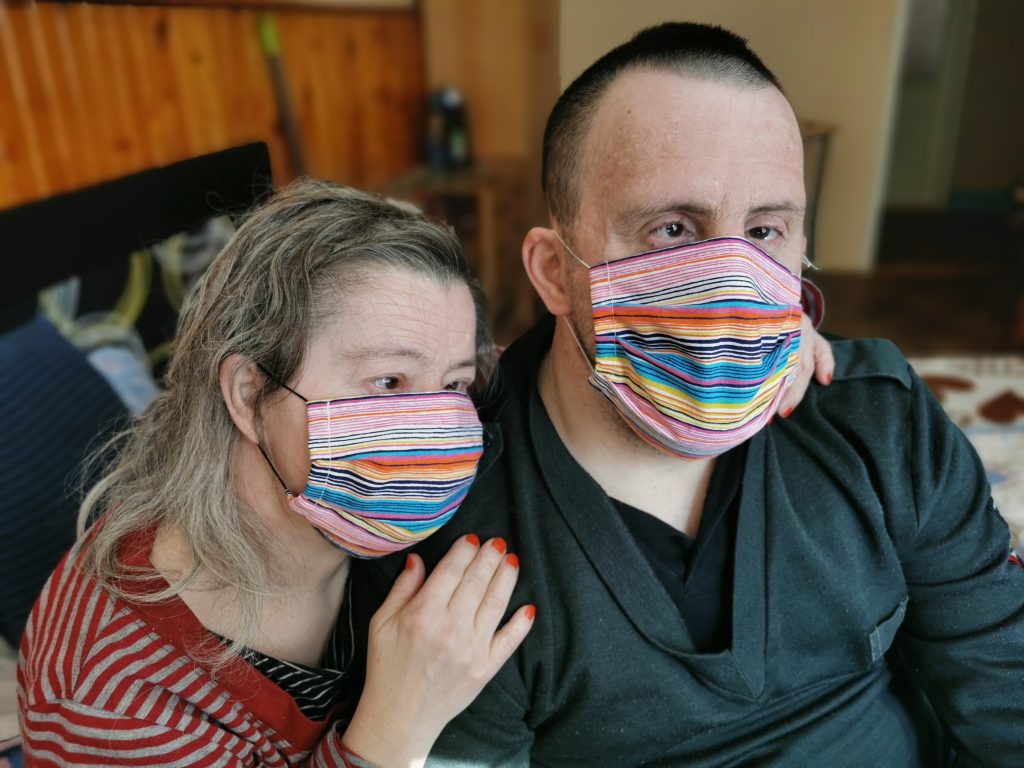Arq. Bras. Cardiol. 2020; 115(5): 939-941
Actions Against Covid-19 in the Down Syndrome Population
The World Health Organization (WHO) declared, on January 30, 2020, that the outbreak of the new coronavirus disease (COVID-19) constituted a Public Health Emergency of International Importance — the organization’s highest alert level as per its International Health Regulations. On March 11, 2020, COVID-19 was declared a pandemic. The fact that the lethality of COVID-19 is associated with common comorbidities has caused great concern among professionals who work with people with Down Syndrome (DS). The prevalence of cardiovascular diseases in people with DS is 40-50%,, and they are also more prone to overweight and obesity; moreover, patients with DS present changes in airways that facilitate infection by the virus, which can worsen the effects of COVID-19. In addition, children with DS are more susceptible to infections due to changes in cytokines regulation, while adults frequently display increased proinflammatory biomarkers. These changes can impact the patients’ anatomical disorders and increase the incidence of chronic inflammatory conditions and mortality by sepsis.
Currently, the only recognized strategy to prevent infection by the severe acute respiratory syndrome coronavirus 2 (SARS-CoV-2) is avoiding exposure to the virus. Social isolation was advised by several Brazilian states with the aim of separating healthy people from those with suspected COVID-19, or who had contact with suspected or confirmed COVID-19 cases. It is worth noting that socialization is a very important aspect of the treatment of people with DS that contributes to a better quality of life and autonomy; therefore, social isolation represents a major challenge for this population.
[…]
1,218

